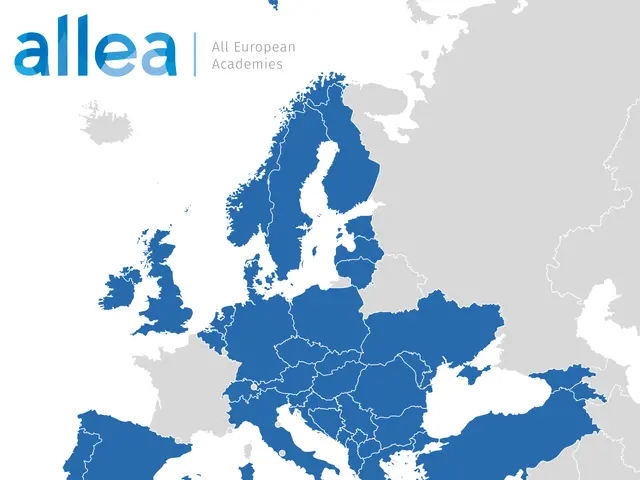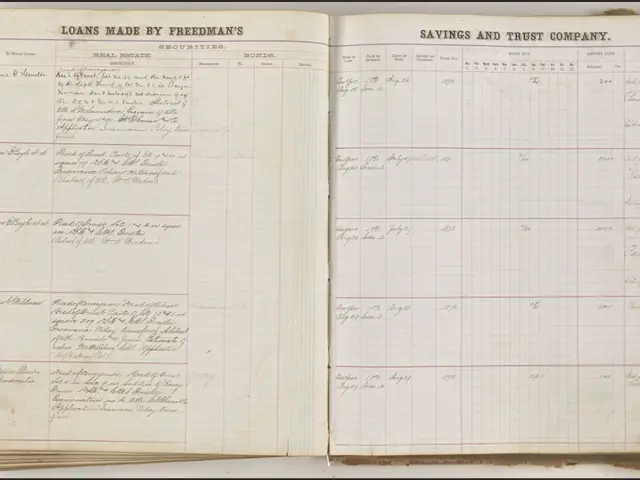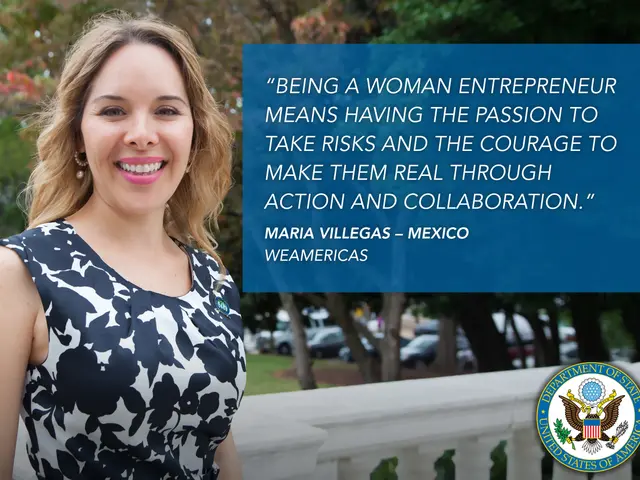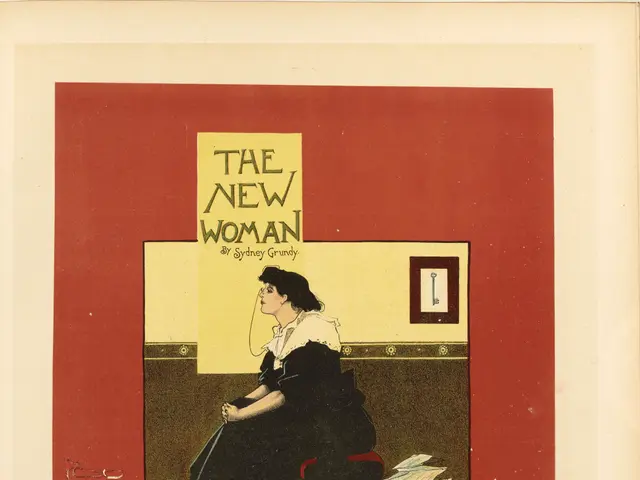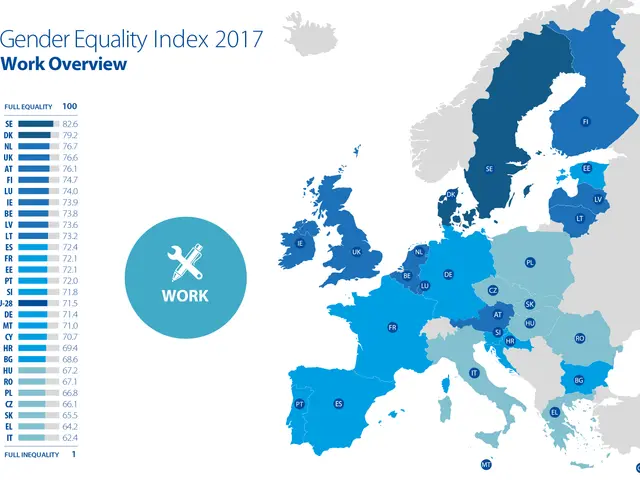Digital IDs in Refugee Camps: Inclusive Governance Needed for Fair Access
The use of digital IDs in refugee camps, such as the UNHCR Smart Card, has evolved from multiple cards to a single interoperable system. However, the concentration of control in a few global actors raises concerns about the exclusion of local organizations and the lack of refugee voice in data use or sharing.
A study by the Aapti Institute highlighted the importance of inclusive governance in digital humanitarian responses. It recommended enhancing digital connectivity through community-owned networks, ensuring equitable access to digital resources, improving data privacy and security, and fostering collaboration between stakeholders. Despite technical interoperability, local NGOs in Rohingya camps were excluded from data access and decision-making due to political dynamics. This case study underscored how data, which can save lives in crisis situations, can also hinder coordination and exacerbate power imbalances when systems are fragmented or controlled.
To ensure data benefits refugees, digital systems must be inclusive and governed collaboratively. This means involving community actors, using open-source tools, and addressing political dynamics that exclude local organizations. By doing so, humanitarian responses can be fairer and more resilient.
Read also:
- Executive from significant German automobile corporation advocates for a truthful assessment of transition toward electric vehicles
- Crisis in a neighboring nation: immediate cheese withdrawal at Rewe & Co, resulting in two fatalities.
- Financial Aid Initiatives for Ukraine Through ERA Loans
- Diagnosing Male Fertility Issues: A Guide to Understanding Male Fertility Evaluations

